
[ad_1]
Taiwanese auteur Tsai Ming-liang was born in present-day Kuching, Malaysia, on October 27, 1957. Voted 18th by The Guardian among the many world’s 40 finest administrators, Tsai has been a daily presence at main worldwide movie festivals for greater than 20 years and a poster determine of the Second New Wave of Taiwanese cinema. After graduating from the Chinese language Tradition College in Taipei, the creator debuted as a theatrical producer and director of tv dramas.
Specifically, throughout the taking pictures of certainly one of them (“Boys”), he met Lee Kang-sheng, the actor destined to grow to be his muse and to seem in the entire auteur’s motion pictures. In the middle of his profession, Tsai shot 11 function movies, three documentaries, and plenty of shorts. Presently, he’s energetic in exhibition movies, amongst which is value citing the Walker collection, whose final set up, Abiding Nowhere, was offered on the 2024 Berlinale.
Really useful Learn: All Edward Yang Movies Ranked
As the daddy of a cinema of distinctive poetics, made from lengthy, prolonged sequences, fixed-camera photographs grounded in cautious positioning, and a recurring solid of actors, his movies are a fragile exploration of latest city alienation. Loneliness, sexuality, and bewilderment are the threads that transfer the creator’s mosaic of characters in a steady seek for belonging, a spot to remain, and a self to be. Notably attention-grabbing is the metaphorical use of water, a comforting supply and an virtually surrogate supply of affectivity when absent in every other type.
Proposing a hierarchy of function movies, in Tsai Ming-liang’s case, is extraordinarily tough, and one can safely argue that none of his works may be thought-about to be lower than the others. Given such a homogeneous degree of high quality ensuing from a uniquely cohesive authorial overview, the positions on this checklist are simply interchangeable. What’s of curiosity is, above all, to briefly talk about his lesser-known options within the invitation to rediscover as a lot as doable of an excellent filmography.
10. The Wayward Cloud (2005)

The Wayward Cloud, premiered in 2005, was awarded the Silver Bear for Excellent Creative Contribution on the fifty fifth Berlin Worldwide Movie Competition. The movie acts as a sequel to an earlier work, “What Time Is It There?,” launched in 2001. Set in Kaohsiung, Taiwan, the movie is a surreal romantic drama starring Lee Kang-sheng and Chen Shiang-chyi, who reprise their roles from the sooner film. Ever current are the filmmaker’s recurring themes, from the complexity of human relationships and their contradictions to the presence (or slightly, on this case, the emphasised non-presence) of the concept of water as a key interpretive component.
As certainly one of Tsai’s few movies to depict the precise improvement of an affective and romantic relationship, Tsai investigates the character of need, belief, and intimacy, as a lot because the refined however profound distinction between affection and eroticism. “The Wayward Cloud” is a completely worthwhile movie to compensate for, and its place on the checklist is nothing however a mirrored image of the general high quality of the Taiwanese director’s complete filmography slightly than a shortcoming of this explicit movie. Certainly, the film is yet one more Tsai Ming-liang work that’s capable of mix a definite character and a consolidated creative format.
9. I Don’t Need To Sleep Alone (2006)

Screened on the sixty fourth Venice Movie Competition in 2006, “I Don’t Need to Sleep Alone” is Tsai Ming-liang’s first (and solely) movie shot in his native nation, Malaysia. The movie was commissioned by Peter Sellars’ Vienna New Topped Hope Competition, commemorating the 250th anniversary of Wolfgang Amadeus Mozart’s start. In Kuala Lumpur within the early 2000s, an injured homeless man and a comatose boy (a double half performed by Lee Kang-sheng) each defer to the care of others as a way to survive. Respectively, Rawang is a overseas employee from Bangladesh (Norman Atun), and Shiang-chyi is a younger waitress and caregiver (Chen Shiang-chyi).
The simplicity of routine, the idea of care from and towards one another, affection, and intimacy are the topics of the film. Their deprivation and sharing are what, from the digital camera’s gaze, is noticed and put to the check. Stylistically, Tsai’s poetics is ever current, so it is a component of singular shock when, virtually imperceptibly, the director opts to droop his normal rule of stillness. An amalgamation of delicacy and affliction, whereas not one of many director’s best-known works, “I Don’t Need to Sleep Alone” is a poetic, clever, and meditative piece.
8. Days (2020)
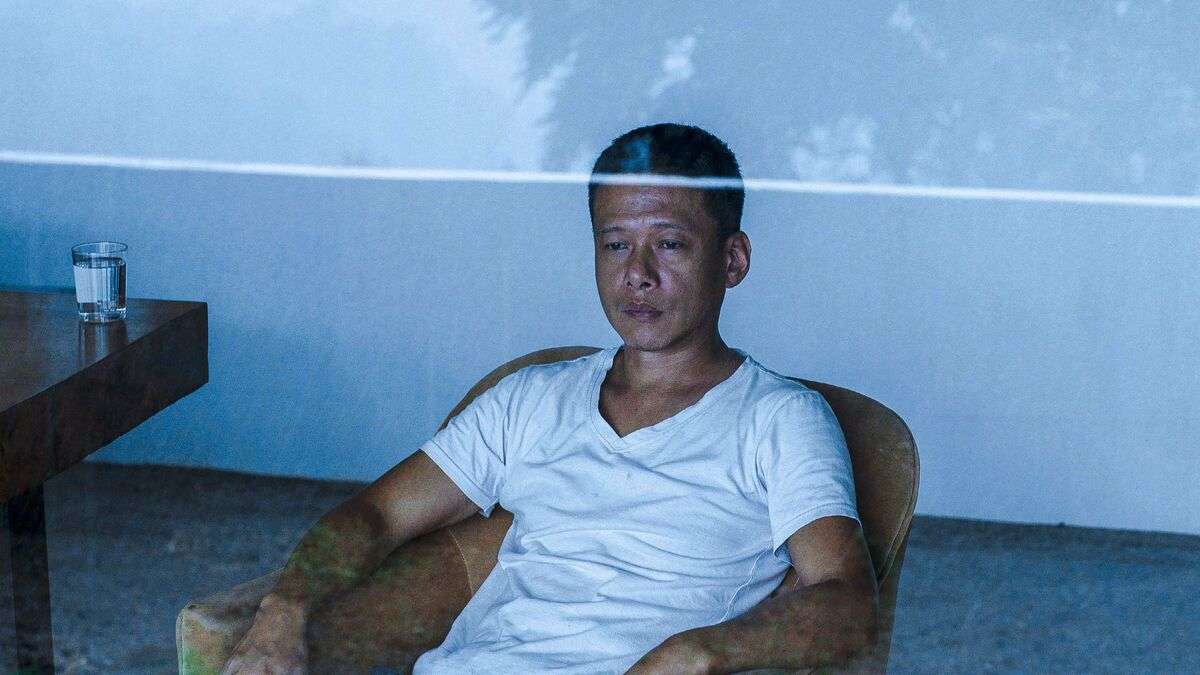
“Days” is the latest function movie directed by Tsai. It premiered in 2020 on the seventieth Berlin Worldwide Movie Competition, the place he obtained the Teddy Award. As with its predecessors, “Days” is thematically and formally per the poetics of gradual cinema. Certainly, Tsai’s minimalism is delivered to the extent of intentionally devoiding the film of any sort of subtitling. Lee Kang-sheng, starring as soon as once more in a number one position, performs Kang, an upper-middle-class man who lives alone in a big Taipei home. Kang is oppressed by a steady and considerably unnatural ache in his neck, the identical ache from which Hsiao’s character (additionally performed by Lee) was oppressed in certainly one of Tsai Ming-liang’s earlier motion pictures, “The River.”
In each circumstances, the ache seems to be associated to the struggling, non secular and never bodily, introduced by the combined emotions of estrangement and sexual repression. His counterpart, Non (Anong Houngheuangsy), is a younger masseur residing alone in a spartan condo. “Days” is an encounter between two lonely individuals who briefly discover one another, consolation one another, and, maybe, are capable of present one thing to one another, one thing meant to final. Above all, “Days” is a movie of the utmost delicacy. And, though its pacing and construction may be probably hostile in comparison with extra commercially interesting options, it’s undoubtedly distinctive in having the ability to evoke such a profound commotion.
7. The River (1997)
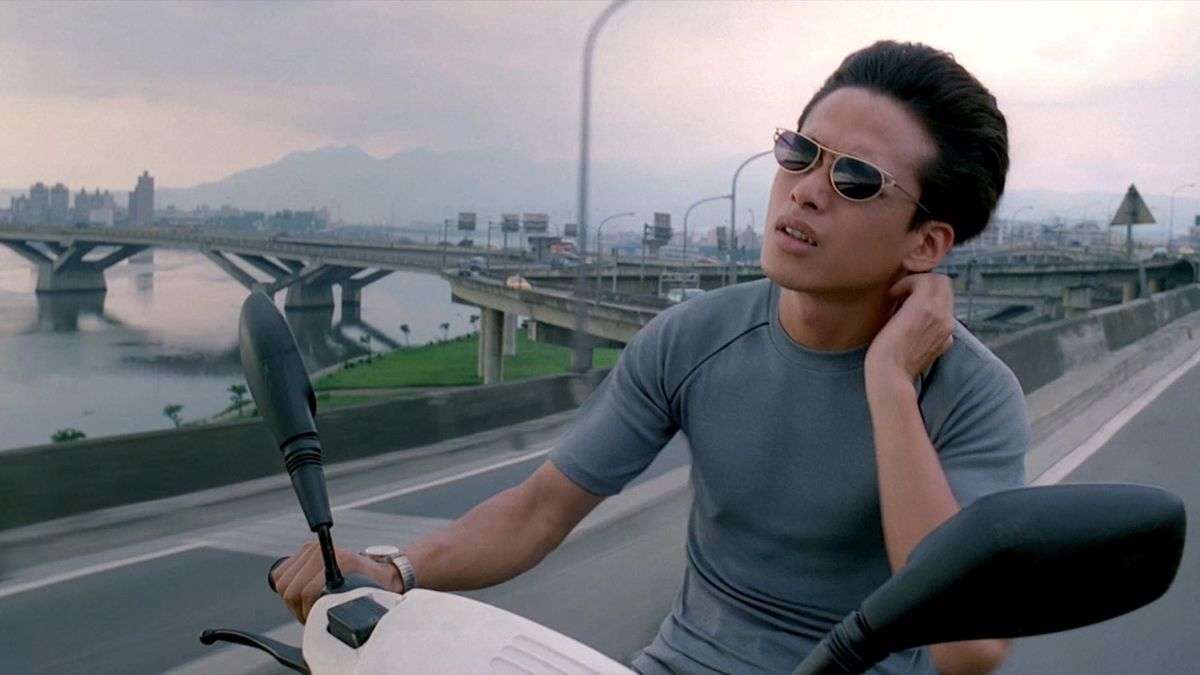
“The River,” Tsai Ming-liang’s third function movie, was launched in 1997 and is co-written with Tsai Yi-chun and Yang Pi-ying. The movie was awarded the Silver Bear on the forty seventh Berlin Worldwide Movie Competition. A mom (Lu Yi-ching), a father (Miao Tien), and a son (Lee Kang-sheng) are the three key characters of the film. It’s vital to say how these three actors all the time embody this particular household archetype in the entire director’s filmography (particularly, in “Rebels of the Neon God,” “The River,” and “What Time Is It There?”).
Every actor (or ensemble of them) is, for Tsai, the start line in representing a selected thought of a person or social group. On this case, the concept of household. The thought of household, which, as a human idea and module, “The River” dissects and destroys: a household that’s so solely in title, organic kinship, and as coexistence entities inside a single residing area. As a matter of truth (no less than for the primary half of the movie), the three characters act in complete abstraction from one another, showing nothing greater than three strangers with parallel however by no means confluent existences.
As soon as once more, incommunicability, loneliness, and distortion of affectivity are dominant themes within the movie. Underlying them is sexuality (and homosexuality), as an extra engine of alienation if repressed and oppressed right into a pressured latency. By far, one of many Taiwanese director’s probably most controversial movies, “The River,” brings to an excessive the outcomes of an alienation shared between people that needs to be something however disconnected. Intentionally disturbing and thematically disruptive, “The River” is a film completely value a watch.
6. What Time Is It There? (2001)
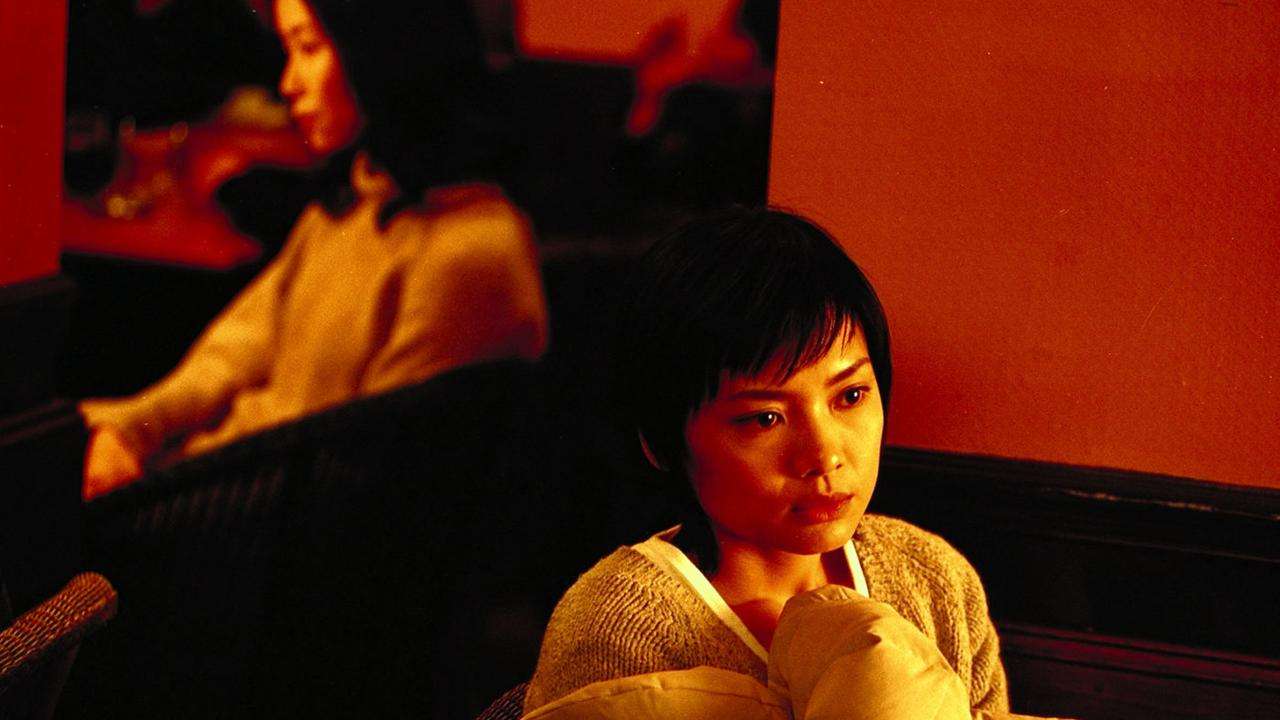
“What Time is it There?” was offered in 2001 on the Cannes Movie Competition, and it’s Tsai Ming-liang’s first movie developed as a French co-production. The screenplay was co-written with colleague Yang Pi-ying. The movie is a fragile portrayal of the refined and invisible bonds between one individual and one other, of their subsistence past typical geographical or materials boundaries. Lee Kang-sheng, who performs a roadside watch salesperson, is paired for the primary time with Chen Shiang-chyi, who can be his feminine counterpart in lots of the subsequent options. The actress performs a younger Taiwanese woman about to go away for Paris. She meets Lee’s character within the seek for a twin time zone watch, leaving him thunderstruck not solely by her but additionally by the concept, the idea, of reaching out to a world and actuality seemingly so distant.
Arguably, the movie’s most elegant element, nonetheless, is the storyline of the boy’s newly widowed mom, performed as normal by Lu Yi-Ching. The director levels mourning, loss, and the unnamable however eternal reference to the departed and its mysterious method of working with a singular gentleness, gifting the viewer probably the most poignant ending even in such an total touching filmography.
5. Goodbye, Dragon Inn (2003)
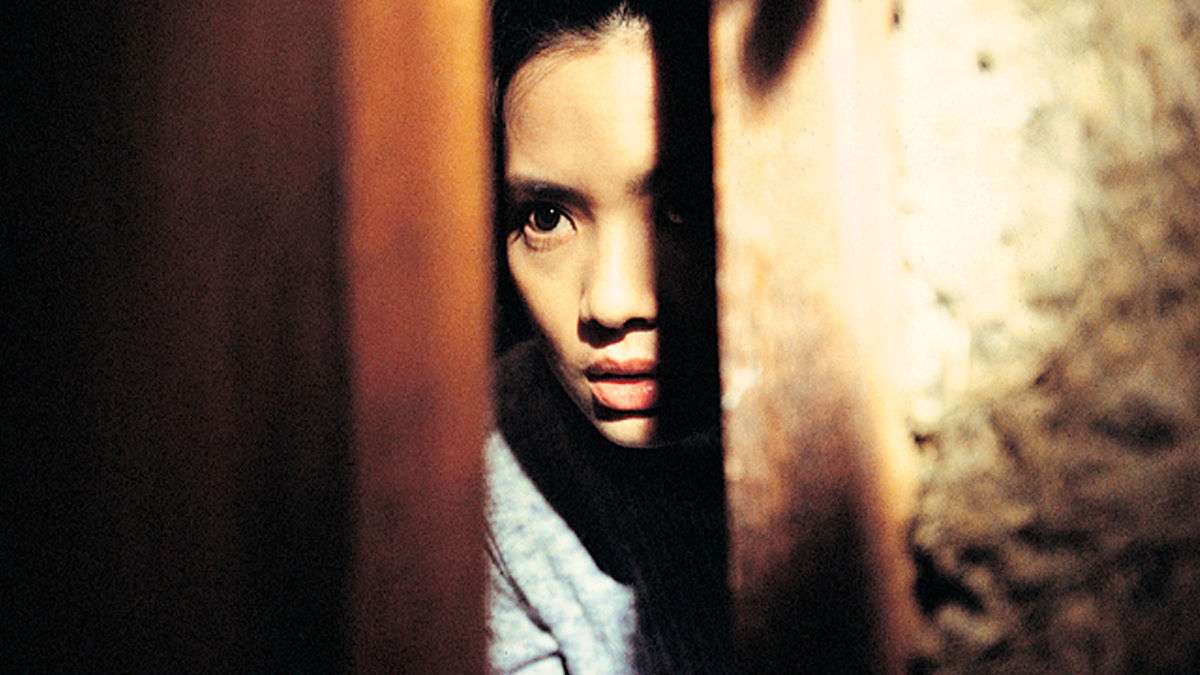
2003 noticed the discharge of Goodbye, Dragon Inn, Tsai Ming-liang’s sixth function movie. Tsai scripted the film with further help from Sung Hsi. Among the many director’s most extremely regarded movies, it obtained the FIPRESCI Award on the sixtieth Venice Worldwide Movie Competition and continues to be acknowledged as one of the critically acclaimed movies of the twenty first century.
“Goodbye, Dragon Inn” is an prolonged tribute to cinema, its artwork, and its collective viewing expertise. The plot: in Taipei, on a night of torrential rain, the Fu-Ho cinema is about to shut for good. As a last screening, the 1967 Wuxia “Dragon Inn” (therefore the film title) runs on the silver display screen, finally approaching its ending in the identical method the movie show is approaching its closure. Among the many Fu-Ho last company are a lonely projectionist (Lee Kang-sheng), a younger and bodily disabled ticket-taker (Chen Shiang-chyi), a Japanese vacationer searching for sexual adventures (Mitamura Kiyonobu), and a single and not-so-young lady (Yang Kuei-mei). Additionally current are the actors Jun Shih and Miao Tien, who function in “Dragon Inn.”
“Goodbye, Dragon Inn” is a farewell and celebration of the seventh artwork, a remembrance of a spot, the movie show, that appears to belong an increasing number of to a fading previous. It’s a mournful send-off but sentimental and heartfelt. Once more, the meditative traits so typical of the Taiwanese director are hyper-present in a movie that, slightly than claiming a judgment on the modern, invitations a second of stasis, reflection, and discharge.
4. Stray Canine (2013)
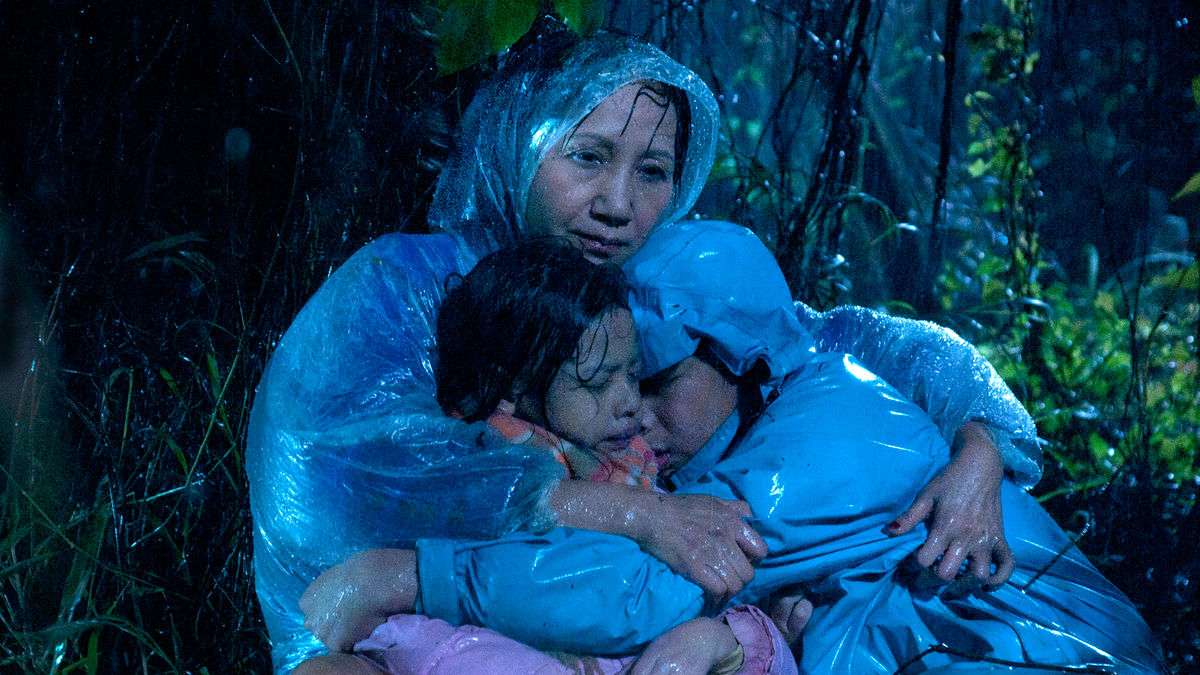
“Stray Canine” premiered in 2013 whereas in competitors on the Venice Movie Competition. It’s a hybrid of a function movie and an artwork set up, written by Tsai Ming-liang in collaboration with Peng Fei and Tung Cheng Yu. Dilated, silent, and wealthy in seemingly incohesive sequences, it’s a semi-hermetic remark of our modernity.
The characters are as soon as once more folks residing on the margins of society, which appears to have lengthy forgotten them. Poor and homeless, a father and his two youngsters spend their days executing the naked necessities as a way to survive. The person takes a poorly paid and humiliating job as a billboardist, and the household does minimal grocery purchasing on the grocery store. They collect solely to eat by the roadside, wash in dim public bathrooms, and sleep in decaying buildings. The central theme of “Stray Canine” is that of the household, the cornerstone on which society needs to be primarily based. A household that, on this case, seems solely to share the battle to get by the day so that straightforward, mundane joys, even simply sitting down collectively, doing homework, being educated, and washing correctly, appear fully out of attain.
The artsy strategy is sublimated by the eye, typical of the director, within the positioning of the digital camera. Like work in a body, it isn’t the digital camera motion that offers which means to the pictures however the angle and place at which they’re imprinted. In consequence, “Stray Canine” is a function whose sequences vary from real looking to lyrical, during which particular person scenes are textured as verses of a broader poem.
3. Rebels of the Neon God (1992)

“Rebels of the Neon God” is Tsai’s debut function, first launched in theaters in 1992. Most likely the creator’s best-known work internationally, it blends wider marketability with the archetypes of recent and distinctive poetics. Set in Taipei, the movie is a portrait of Taiwanese youth within the early Nineteen Nineties, in addition to the creator’s first introduction to metropolitan alienation, the surrogate perform of water, and the fragility and ambiguity of emotional, romantic, and familial relationships. Additionally featured for the primary time is Lee Kang-sheng as Hsiao Kang, a task that established their lengthy (and nonetheless ongoing) collaboration.
Hsiao, the pivotal character, embodies the idea of exterior and self-imposed expectations and their disregard inside a society totally reliant on them. A number of of the director’s incessantly collaborating actors additionally seem, amongst them Chen Chao-jung (as Ah Tze), Miao Tien (as Hsiao’s father), and Lu Hsiao-ling (as Hsiao’s mom). “Rebels of the Neon God” is a landmark movie of the Taiwanese New Wave of the early Nineteen Nineties, a brand new method of understanding and establishing Asian cinema. Not solely that, however additionally it is one of many best-packaged debut authorial works of current many years, a real manifesto of what could be the profession of an already totally shaped director.
2. The Gap (1998)
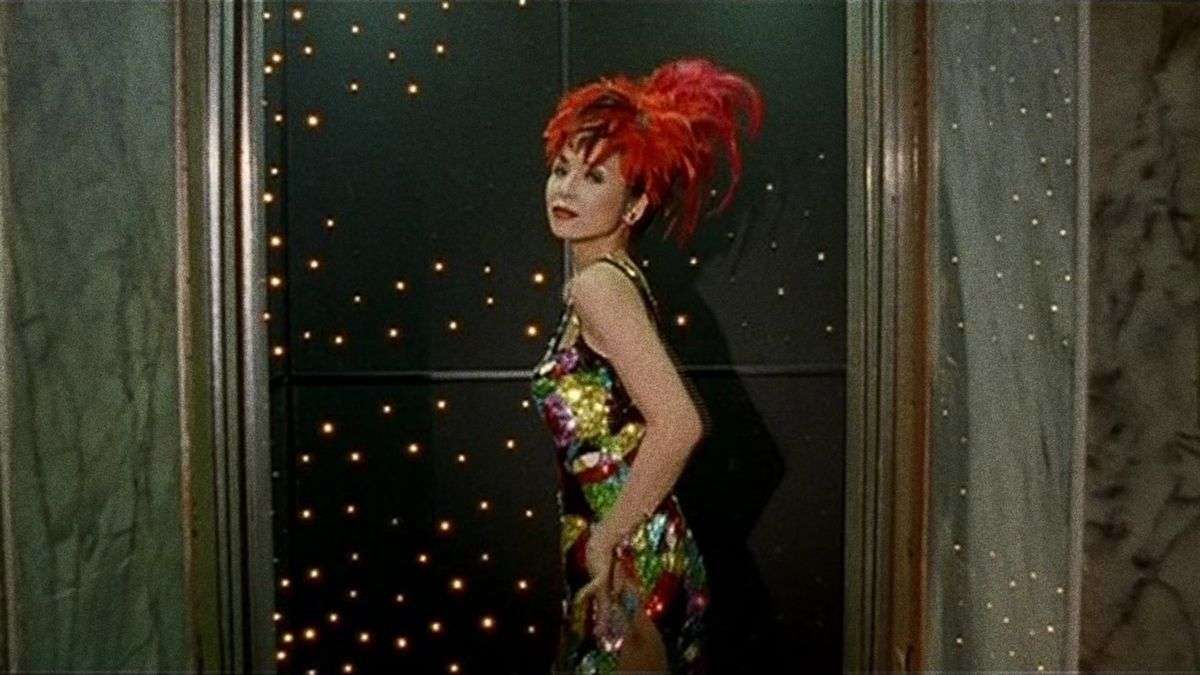
The director’s fourth function movie, “The Gap,” was launched in 1998 and co-written with recurring collaborator Yang Pi-ying. Screened in competitors at that yr’s Cannes Movie Competition, “The Gap” is a drama fragmented by musical interludes. It’s a part of the mission “2000, Seen By…,” a French movie manufacturing initiative geared toward exploring the strategy to the yr 2000 by the views of 10 completely different nations.
Seven days earlier than coming into the brand new millennium, Taipei is struck by a mysterious virus of unknown nature and traits. The virus leads these affected to emulate a number of the instinctive traits of cockroaches, particularly, searching for shelter in darkish and damp alcoves. Concurrently invaded by steady downpours, the town is left empty and virtually fully uninhabited. A person and a girl (performed by Lee Kang-sheng and Yang Kuei-mei) are the one ones left behind in an in any other case deserted condo constructing. Instantly, the 2 are forcibly related by a gap, respectively, in her ceiling and his ground, the ultimate results of the erosion of the constructing brought on by steady water leaks.
An oasis of contradictions, austerity and eccentricity, desolation and hope, attraction and rejection, “The Gap” is among the most touching depictions of probably the most intimate traits of human nature. And regardless of its bleak, dystopian environment, “The Gap” is a want for humanity and for a brand new millennium, a plea for a renewed connection and openness between each other. It’s a reminder of how we are able to nonetheless be significant to one another, even within the easiest gestures, even within the easy change of a glass of water.
1. Vive l’amour (1994)
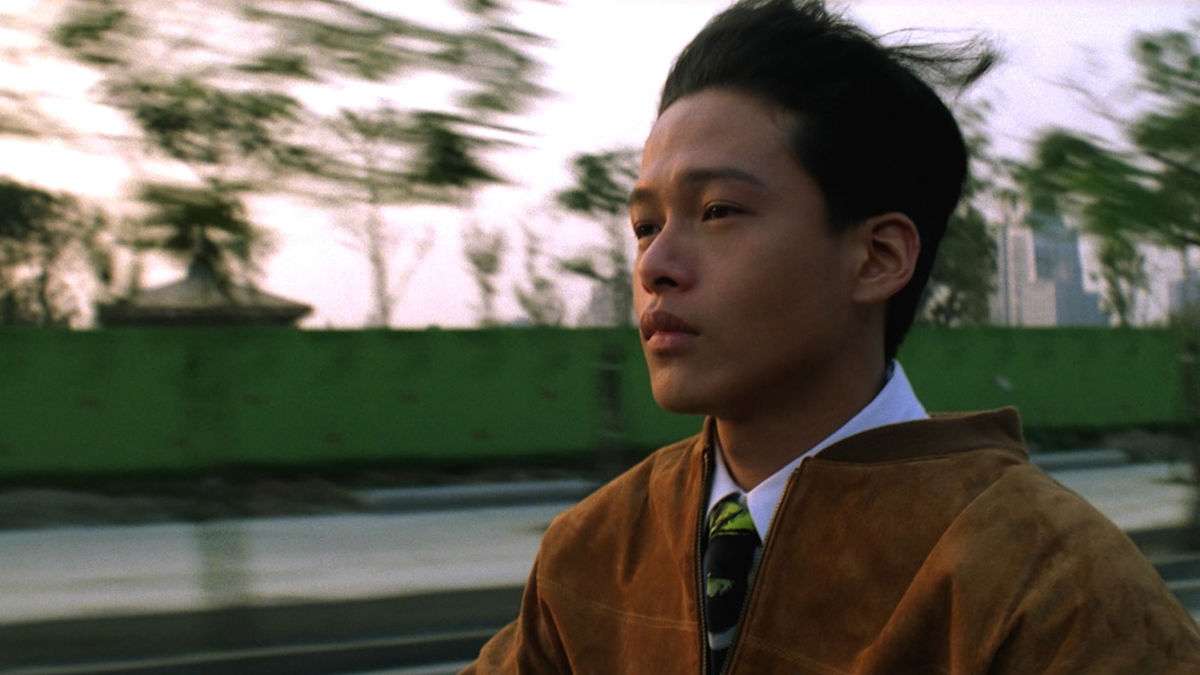
“Vive l’Amour,” the auteur’s second function movie, was screened on the 54th Venice Worldwide Movie Competition, the place it received the Golden Lion. The movie braids three completely different solitudes, three characters who interpenetrate with out ever actually interconnecting. Hsiao Kang (Lee Kang-shen), a younger columbarium salesman struggling together with his homosexuality; Could Lin (Yang Kuei-Mei), an actual property agent previous her youth and with no household, and Ah-jung (Chen Chao-jung), a horny however finally lonely avenue vendor.
These are merchandise of a an increasing number of precise type of city alienation, comprised of streets filled with crowds however aseptic flats, divided between an estranging public sphere and a personal sphere that’s without delay reclusive and comforting. It portrays a contemporaneity during which people are lowered to presences, the ghosts of lives they’re failing to stay of their entirety. Dilated and silent, the movie unfolds as an exploration of the characters’ actions, breaking them down into their obvious everydayness briefly conversations made up of stumpy dialogues.
The gorgeous, fastened digital camera sequences observe the topics virtually as if attempting to extract from them what they in any other case would want to maintain hidden. Who’re they, if not their position in society? Who’re these folks at their core? How are they much like us? Lives to acknowledge and to acknowledge themselves in. Regardless of its underlying pessimism, “Vive l’Amour” is, greater than the rest, profoundly cathartic. Neither consolatory nor benign, Tsai doesn’t search to suggest options or to supply solutions. He does, nonetheless, handle to present, no less than for a couple of shifting minutes, what his personal characters are searching for, to not them however to the viewer. To be understood, to really feel much less alone.
Learn Extra: Taiwan New Wave: 10 Nice Movies from the New Taiwanese Cinema Motion
[ad_2]
